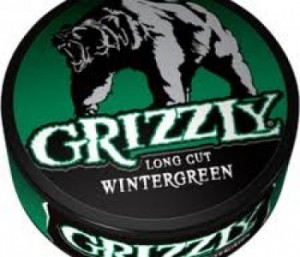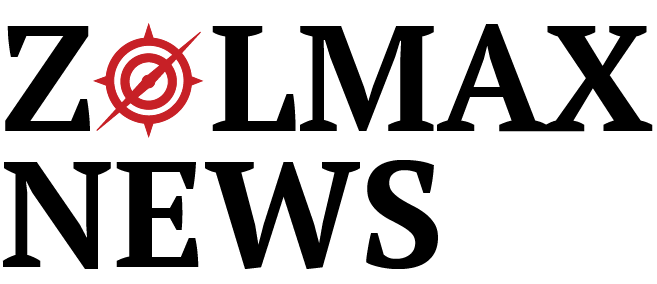 Reynolds American Inc announced that its profit from the second quarter climbed by 6.7% on higher moist-snuff and cigarette pricing that helped offset lower volumes of cigarette sales.
Reynolds American Inc announced that its profit from the second quarter climbed by 6.7% on higher moist-snuff and cigarette pricing that helped offset lower volumes of cigarette sales.
Reynolds, like its peers, has struggled over recent quarters due to a decline industry wide in cigarette sales and an economy that remains sluggish. Reynolds has shifted its focus towards certain key brands of cigarettes, while also expanding into tobacco that is smokeless.
Earlier in July, the company entered into a formal agreement to buy Lorillard Inc in a risky but ambitious deal worth $25 billion that could help to reshape the tobacco industry in the U.S. and make the Newport menthols an even better rival to Marlboro the top-selling cigarette with rival Altria.
Reynolds is expecting to have over $11 billion in revenues and more than $5 billion of operating income following the close of the deal.
Reynolds on Tuesday reported a $492 million profit equal to 92 cents per share, which was up from the same quarter last year of $461 million equal to 84 cents per share.
Excluding a benefit of one time from a settlement, implementation costs and charges for lawsuits, amongst other items, the adjusted earnings were higher at 89 cents per share from the same period a year ago when they were 84 cents a share.
Revenue was up to $2.15 billion an increase of 0.8%. Analysts had forecasted earnings per share of 87 cents on $2.19 billion in revenue.
The cost of goods sold dropped 4% to end the quarter at $959 million, while the administrative, general and selling expenses fell 4.2% to end the quarter at $365 million.
American Stuff, the unit that covers smokeless tobacco that manufactures Kodak and Grizzly moist stuff, saw volume drop 0.5%.
Shipments of cigarettes dropped by 8.3% amongst the domestic brands, though growth brands, which included Pall Mall and Camel record growth in the market.
